A hero to some and a villain to others, the late Henry Kissinger impacted American foreign policy thinking in the last six decades more than anyone else. Of the former secretary of state and Nobel Peace Prize winner’s contributions, one of the most significant was the strengthening of Sino-American relations. His détente policy was once celebrated by Nixonites when the Soviets were seen as the US’s main competitor. More recently, though, as anti-China sentiment has risen in America, Kissinger’s desire to soften relationships with the Asian giant has gained him some detractors on the right — and he already had more than enough on the left.
Arguably his death will be mourned more in China than America. In fact, Taiwan’s Kuomintang, the political party that calls for closer ties with Beijing, shared their condolences within a couple of hours, saying that “We recognize Kissinger’s efforts to bring about peace and prosperity in the Indo-Pacific throughout his career in and outside government.”
Earlier this year, after the high-altitude balloon incident stirred relations, the Chinese Communist Party rolled out the red carpet for Kissinger. He met not only with Xi Jinping, but also with China’s top diplomat Wang Yi and defense minister Li Shangfu.
After the meeting, Wang said that Kissinger, “has made historic contributions to breaking the ice in China-US relations, and played an irreplaceable role in enhancing understanding between the two countries.” Similarly, Xi said that “The Chinese people never forget their old friends, and Sino-US relations will always be linked with the name of Henry Kissinger.”
Kissinger, who also served in the international advisory board of the Schwarzman Scholarship program, a prestigious one-year immersive masters degree program at Beijing’s Tsinghua University sponsored by Blackstone CEO Stephen Schwarzman, reciprocated China’s warm message. He described himself as a “friend of China,” and his visit caught so much attention that the BBC went as far as to suggest that, “given his outsized stature in China, [Kissinger] could act as a backchannel for US-China negotiations.”
He also played a role as mediator during the Clinton administration. In America Second: How America’s Elites Are Making China Stronger, Isaac Stone Fish explains how Kissinger inspired restraint vis-à-vis China among Republicans and Democrats.
In 1995, as China conducted a series of missile tests in the waters surrounding Taiwam, Stone Fish writes, “Kissinger told the Senate Foreign Relations Committee that America should calm down and wait. Give Beijing ‘some opportunity to reflect about the strong feelings expressed by many Americans,’ he said. ‘They should try to avoid too much of a confrontation in the immediate future.’”
Furthermore, according to a declassified document, in a White House meeting with President Clinton and Vice President Al Gore, Kissinger and others urged the president to avoid elevating conflict with China. “If the administration can move in the direction of improving relations with China, we will do what we can to help with the Republicans in Congress, who I believe are behaving very irresponsibly on this issue these days,” Kissinger said.
In July, according to Stone Fish, after calling to resume diplomatic ties with Taiwan, then-speaker of the House Newt Gingrich, backed down, following Kissinger’s advice. “Henry called me and said, ‘This is not good,’” Gingrich told the New York Times. “I said I wanted their attention,” Gingrich told Kissinger, to which he responded, “You have their attention?” Soon afterwards, the speaker retracted his comments: “I was trying to rattle their cage, to get their attention. I don’t think we should recognize Taiwan.”
“My conclusion after talking to Henry is that I’m just going to have to spend a lot of time thinking about China and studying China,” Gingrich confessed to the Times, illustrating the immense respect policymakers had towards Kissinger.
These stories may cause some of the most fervent China hawks to view Kissinger as an agent of the CCP, but for the people that loved him, his diplomacy toward China simply emphasized peace and sought to prevent great power competition from becoming a disastrous conflict. Intentions aside, there are no doubts that Xi will miss Kissinger, a man who dedicated a great part of his life to bettering the Sino-American relationship. The real question is: will America listen to his warnings?



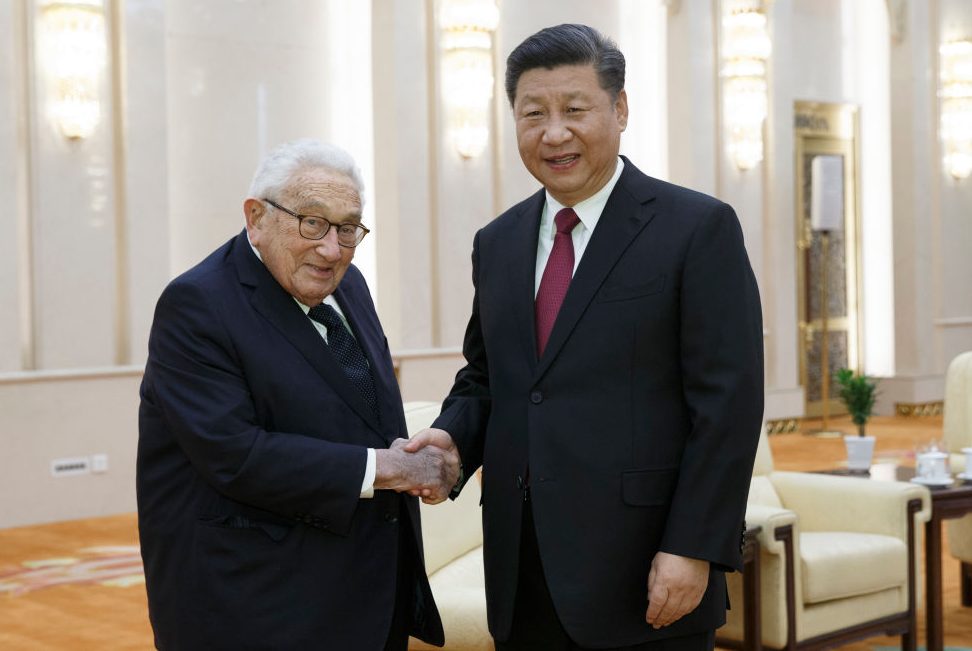







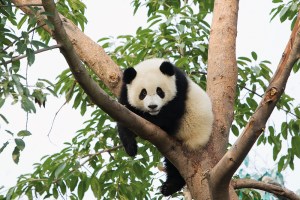
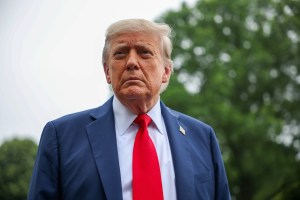
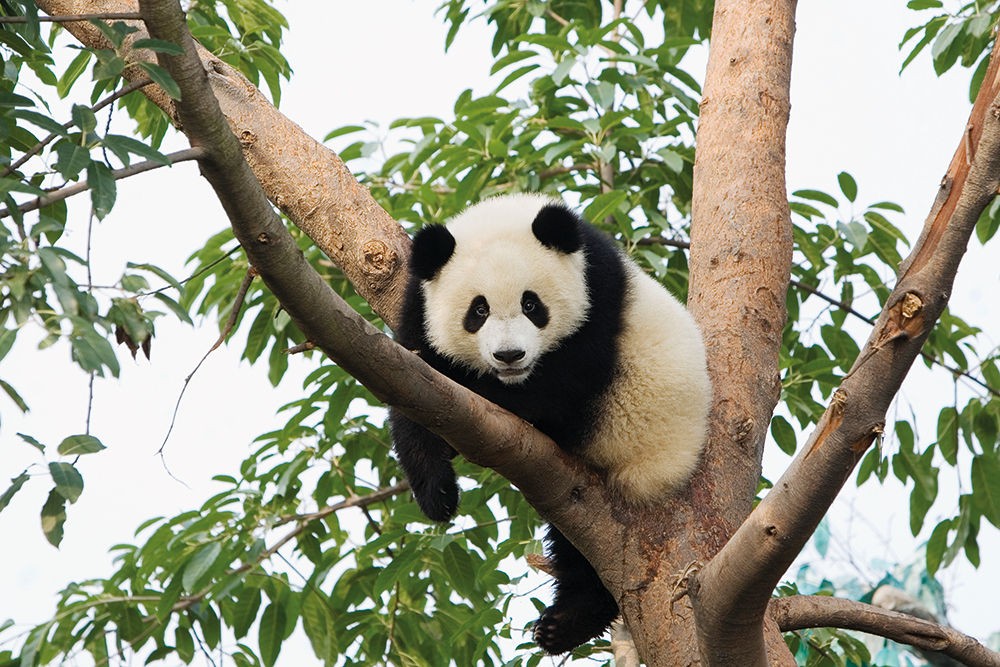


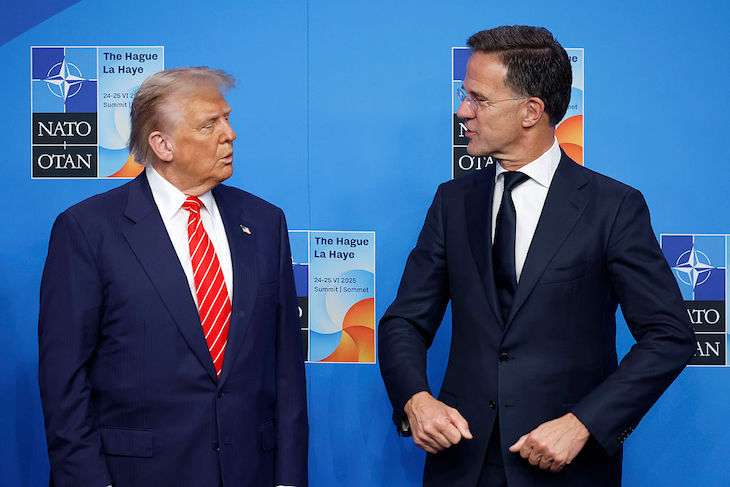
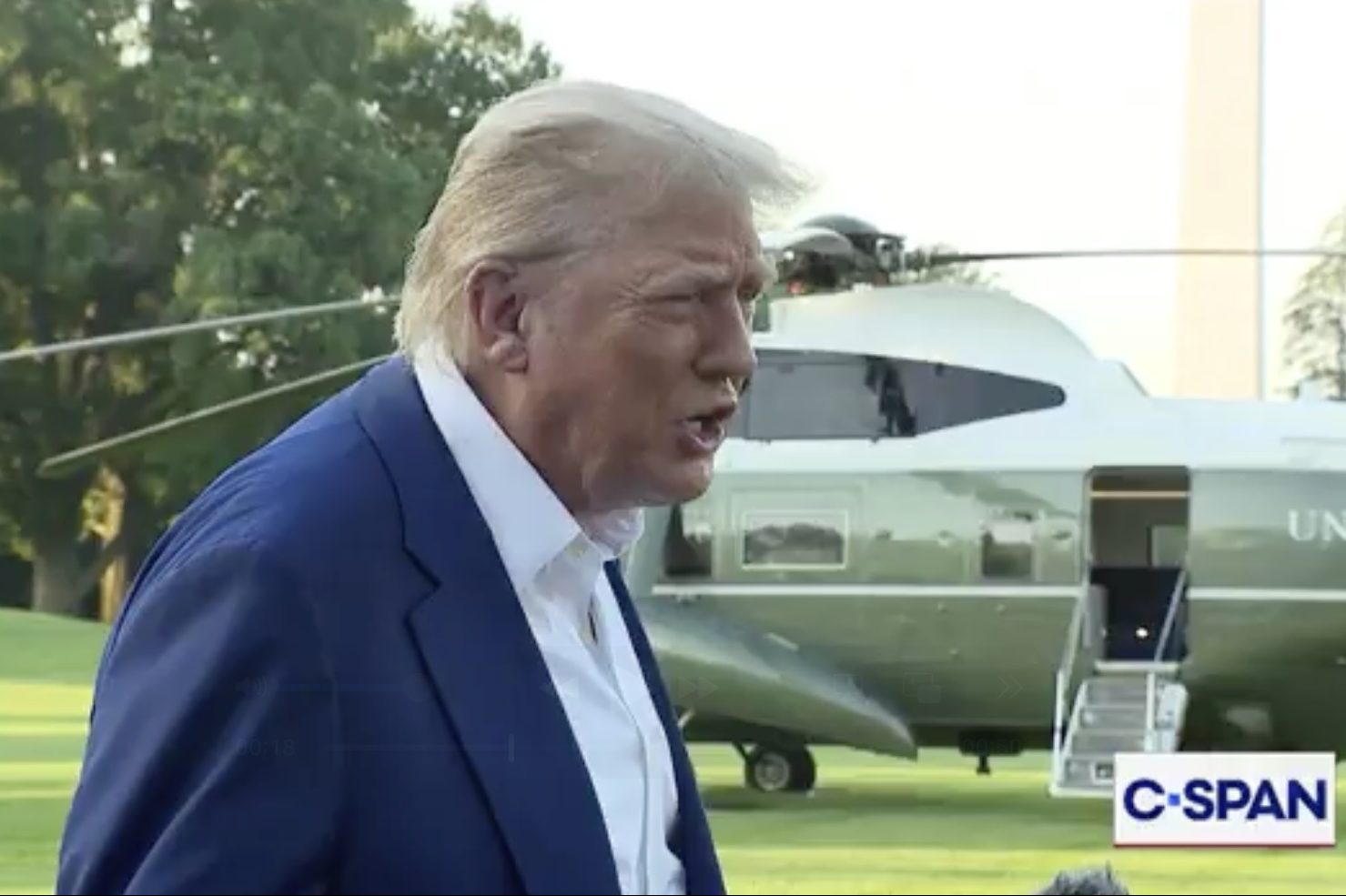
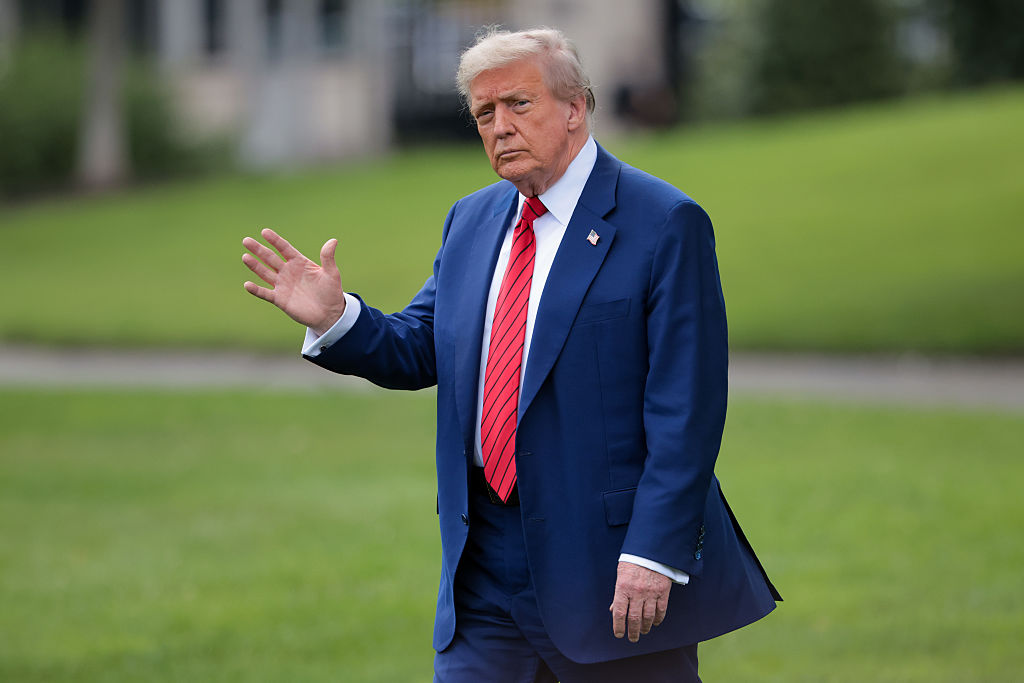







Leave a Reply